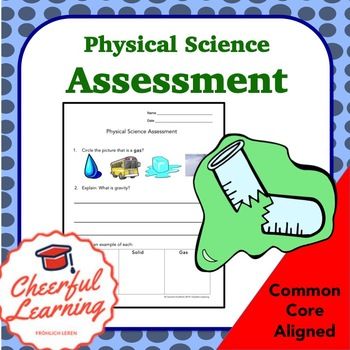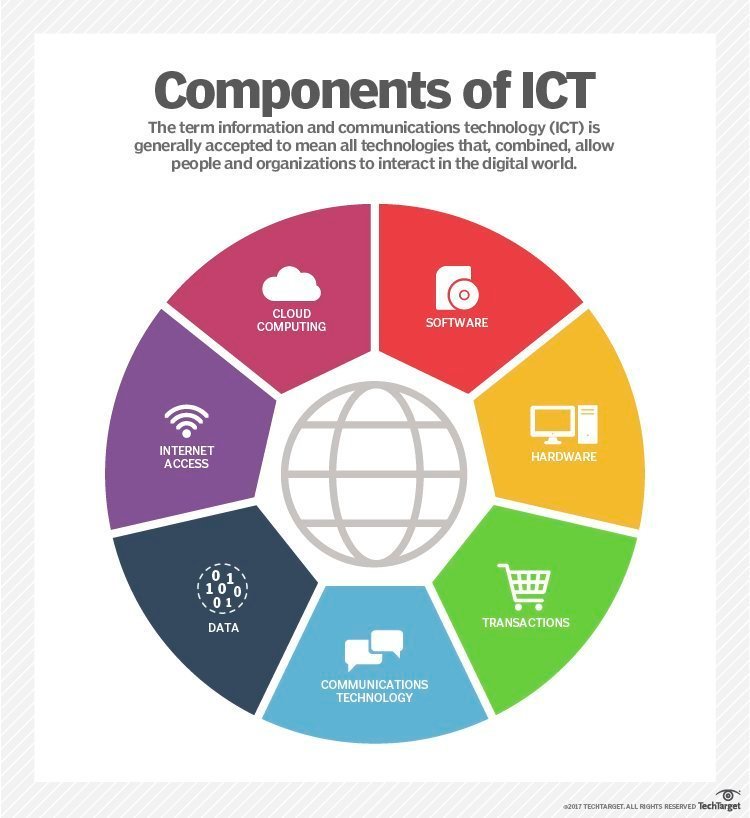complete your profile
Site announcements
Skip available courses
Available courses
Course Objectives:
On completion of the course the student teacher will be able to
_ Understand aims and objectives of teaching physical science in Secondary Schools.
_ Gain a critical understanding of issues in assessment and evaluation (from a
constructivist paradigm)
_ Become cognizant of key concepts, such as formative and summative assessment,
evaluation and measurement, test, examination
_ Be exposed to different kinds and forms of assessment that aid student learning.
_ Become the user of a wide range of assessment tools, and learn to select and construct
these appropriately and
_ Evolve realistic, comprehensive and dynamic assessment procedures that are able to
keep the whole student in view.

Course Objectives:
On completion of the course the student-teacher will be able to
_ Analyse the text book prescribed for secondary level classes.
_ Analyse the context of physical science as a pedagogue.
_ Acquaint with the planning of instruction according to the objectives.
_ Develop unit plan and innovative lesson plans.
_ Develop Micro Lesson in core teaching skills.
Computers are everywhere and are touching our lives in all aspects including education, health, banking, and even in farming. Basic knowledge on computers is essential to strive in this era. This course will enable you to have a basic understanding on the hardware and software aspects. As a student, you will have to use much general application software like MS Office. There will be basic contents of Microsoft Word, Excel, and PowerPoint which will help you in the course work. Also, you can familiarize with the technological support activities of Google.
The digital skills that teachers need have long moved on from just being able to use word processing and spreadsheets software. Digital skills that 21st Century teachers shouldhave include cloud storage and sharing solutions, social media, web editing, image editing, presentation software, and general multimedia.
The ‘flipped classroom’ model is being heralded by some as the future of 21st Century learning. Video plays a fundamental role in this.
Classroom education is increasingly moving away from lecturing at students to a more collaborative project based model and digital technology plays a fundamental role in this.
Despite the many benefits of using the Internet and other digital technologies there are also a number of dangers that pupils face. Cyberbullying, IT security and identity theft are all areas which teachers should have a good knowledge of in order to be able to help students deal with issues if they arise – and to encourage them to be responsible Web users.
Skip course categories
